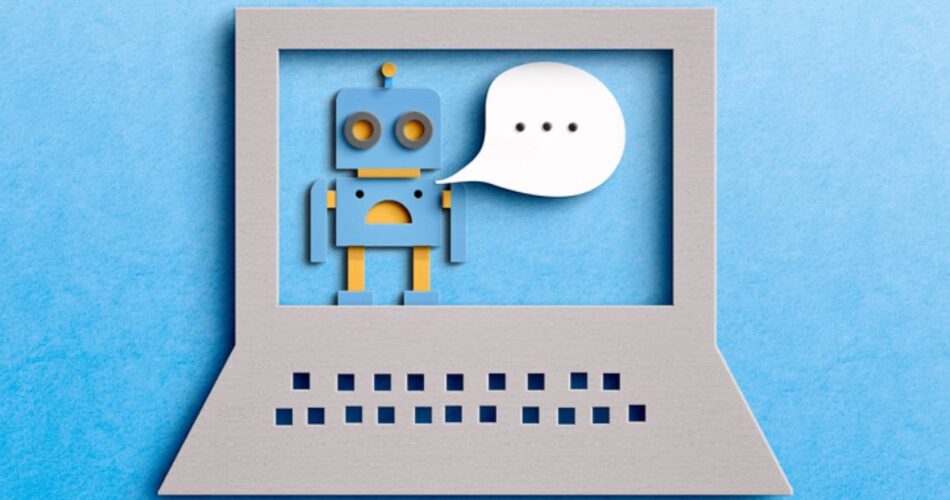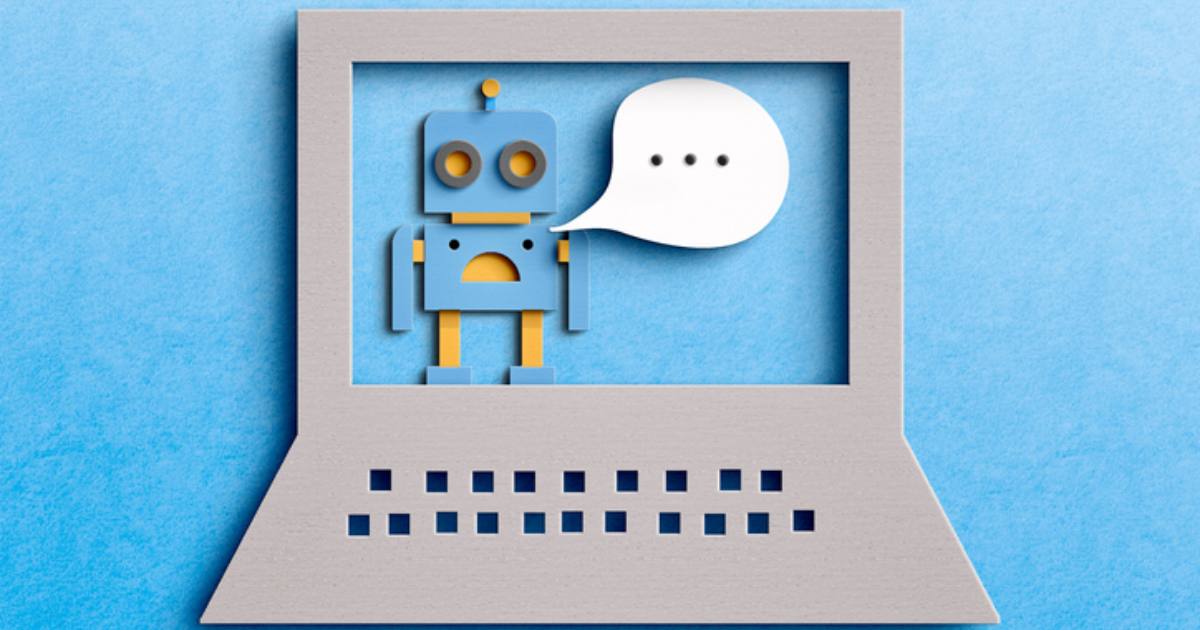NEW! Listen to article
It takes only one bad experience for 63% of customers to leave a company, and nearly two-thirds of customers won’t wait more than two minutes for assistance, according to Forrester.
Those statistics aren’t a concern among only B2C businesses; B2B companies worry about them, too. It’s one of many reasons conversational marketing has increased in popularity.
Although the retail sector has used live chat and chatbots for quite some time, B2B organizations have also recently embraced and continue to refine those elements. Well planned and executed conversational marketing strategies can significantly increase customer interaction and engagement.
The pandemic accelerated both the speed and scale of digital transformation—”escalating digital initiatives into digital imperatives,” a Gartner report found. The B2C marketing world has already picked up on the trend by using chatbots to create seamless experiences for customers, and B2B is quickly catching up. Businesses are starting to use conversational marketing to improve customer interactions and meet pipeline goals by engaging buyers more effectively and moving them through the funnel.
Chatbots are therefore becoming a valuable element of ABM strategy, offering another touchpoint for creating meaningful connections. By mimicking and simulating human conversations, chatbots can help marketers convert leads and drive revenue, engaging target audiences for better data capture.
Why Use Chatbots in B2B Marketing?
Traditionally, teams have relied on tactics such as landing pages and generic webpages, lead capture forms, and follow-up outreach to connect with and convert prospects into sales. That onerous process requires an average of eight touches to secure even a meeting or other conversion. Chatbots, however, automate and speed up the process with more consistent outreach that puts the buyer in control.
Using chatbots, companies can engage target accounts at each step of the funnel, offering personalized experiences with relevant content and engagement at every level of intent. That approach replaces the traditional, cumbersome strategy of forms and friction with real-time engagement at the moment of interest, allowing go-to-market teams to more easily manage and track conversations with target accounts to deliver a consistent, personalized, seamless experience.
Businesses that have incorporated an account-based chatbot solution into their websites have experienced, according to our research, the following:
- An 82% increase in conversions compared with websites lacking chatbots
- A 700% increase in target account engagement
- A 3X increase in lead volume and 51% faster lead response time
- 250% more leads than traditional website forms and up to a 300% faster response time
- A 42% increased Sales-accepted lead (SAL) to close rate
Chatbots in ABM
Chatbots have a range of specific uses in account-based marketing (ABM). Great account-based chatbots have the ability to harness segmentation, audiences, intent signals, and personalization.
Some chatbots require complete preprogramming. Others use AI tech that helps them generate responses on the fly. Keyword chatbots propel search-based interactions. Voice-based chatbots identify a user’s intent based on speech recognition, using input requests and empirical patterns to offer data. Service-based chatbots take input from service requests to ask specific related questions.
Choosing a conversational approach to ABM enables teams to be more targeted. The key phrases we use trigger traditional chatbots to send predefined messages to prospects. More sophisticated chatbots can create detailed responses and engage with users in more complex conversations.
In ABM, go-to-market leaders can program chatbots to offer much more personalized assistance—sharing content with detailed information about a product or scheduling a demo with a sales rep, for example. Great playbooks extend great ABM strategy—they’re not an afterthought, nor do they sit on the periphery.
Data Is King
Using chatbots, B2B organizations can also connect ads, emails, social media, and other marketing touchpoints directly to an intelligently routed conversation, empowering marketers to build intelligent, intuitive playbooks capable of…
- Building account lists
- Capturing and qualifying leads/inbound traffic in real-time and incorporating them into the ABM mix
- Collecting visitor data
- Correctly and expeditiously routing customers to the right department and person—Billing, Feedback, Operations, Sales, etc.—when they require a human touch
- Running orchestrated campaigns from a single source of truth
- Triggering sales automation with prospects and customers
Moreover, chat analytics provide key performance indicators to guide decision-making across every stage of the funnel. That data allows teams to see which touchpoints and channels are generating the greatest impact. Chatbot forms gather specific information through data inputs so B2B marketers can design appropriate ABM campaigns with the most effective content based on available data.
The chatbots can collect a range of data:
- Account, chat, and lead-volume metrics
- Conversation insights
- Engagement
- Sales reps’ response rates
- Website visitor insights
* * *
Consumers have been using chatbots regularly in the B2C world, so it’s only natural that B2B buyers carry the same expectation. But ABM chatbots go even further to help go-to-market teams capture information, use data, show intent, offer content, and more.
Chatbots are revolutionizing how B2B companies engage customers, helping personalize their journey from the first touchpoint. The question shouldn’t be “What can we sell you today?” but “How can we help you resolve your organizational challenges and drive business outcomes?”
More Resources on How to Use Chatbots in B2B
The CMO’s Decision: To Bot or Not?
Developing Brand Image: Chatbots Are B2B Marketers’ Secret Weapon
Source link




